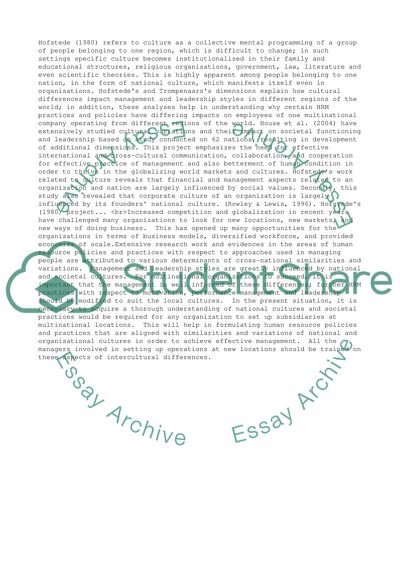Cite this document
(“Managing in a global society Essay Example | Topics and Well Written Essays - 1250 words”, n.d.)
Retrieved from https://studentshare.org/business/1411666-managing-in-a-global-society
Retrieved from https://studentshare.org/business/1411666-managing-in-a-global-society
(Managing in a Global Society Essay Example | Topics and Well Written Essays - 1250 Words)
https://studentshare.org/business/1411666-managing-in-a-global-society.
https://studentshare.org/business/1411666-managing-in-a-global-society.
“Managing in a Global Society Essay Example | Topics and Well Written Essays - 1250 Words”, n.d. https://studentshare.org/business/1411666-managing-in-a-global-society.


